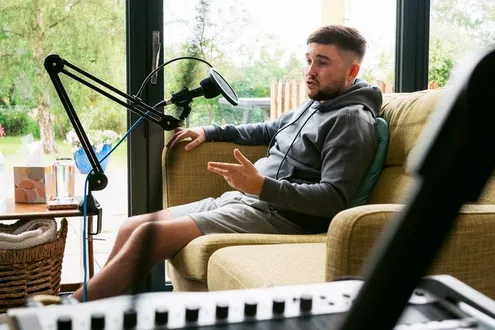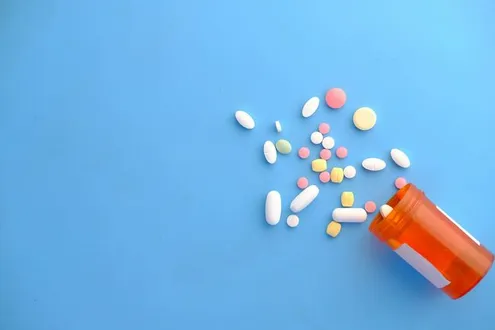An internet addiction disorder is when you use the internet in an excessive and compulsive way. It could be that you can’t physically stop checking things online such as social media platforms. When your internet use starts to interfere with your daily life this is when it starts to become an addiction. If you start putting the internet before your relationships, your work or school it may be a problem.
CBT can be an effective treatment for addiction that equips you for long-term success, as well as dealing with the immediate issue. It also works towards regular goals, which gives a tangible sense of achievement and progress. These things are crucial in helping to significantly reduce the likelihood of relapse. With strengthened self-belief and the tools and coping mechanisms to call upon when needed, you can go out into the world with more confidence, and with the ability to deal more effectively with situations and negative thought cycles that can leave you vulnerable.
The aim of CBT is to help people identify the main factors involved in their addiction, and then to develop ways of dealing with them. For instance, it could be a regular ritual that needs breaking, or certain social scenarios that need to be managed.
Following an initial assessment, your therapist will utilise the CBT techniques and tools that are most appropriate to your individual situation. They could include imagery-based exposure, which involves examining negative memories that may play a part in addiction until they become less potent; and thought records, where automatic thoughts, feelings and behaviours are written down in certain situations, with unhelpful or irrational thoughts then challenged. These exercises are all part of the process of retraining the brain to think differently, and to take more positive actions as a result.
The length of the programme is also determined by individual needs, but courses usually range from four weeks to six months.









